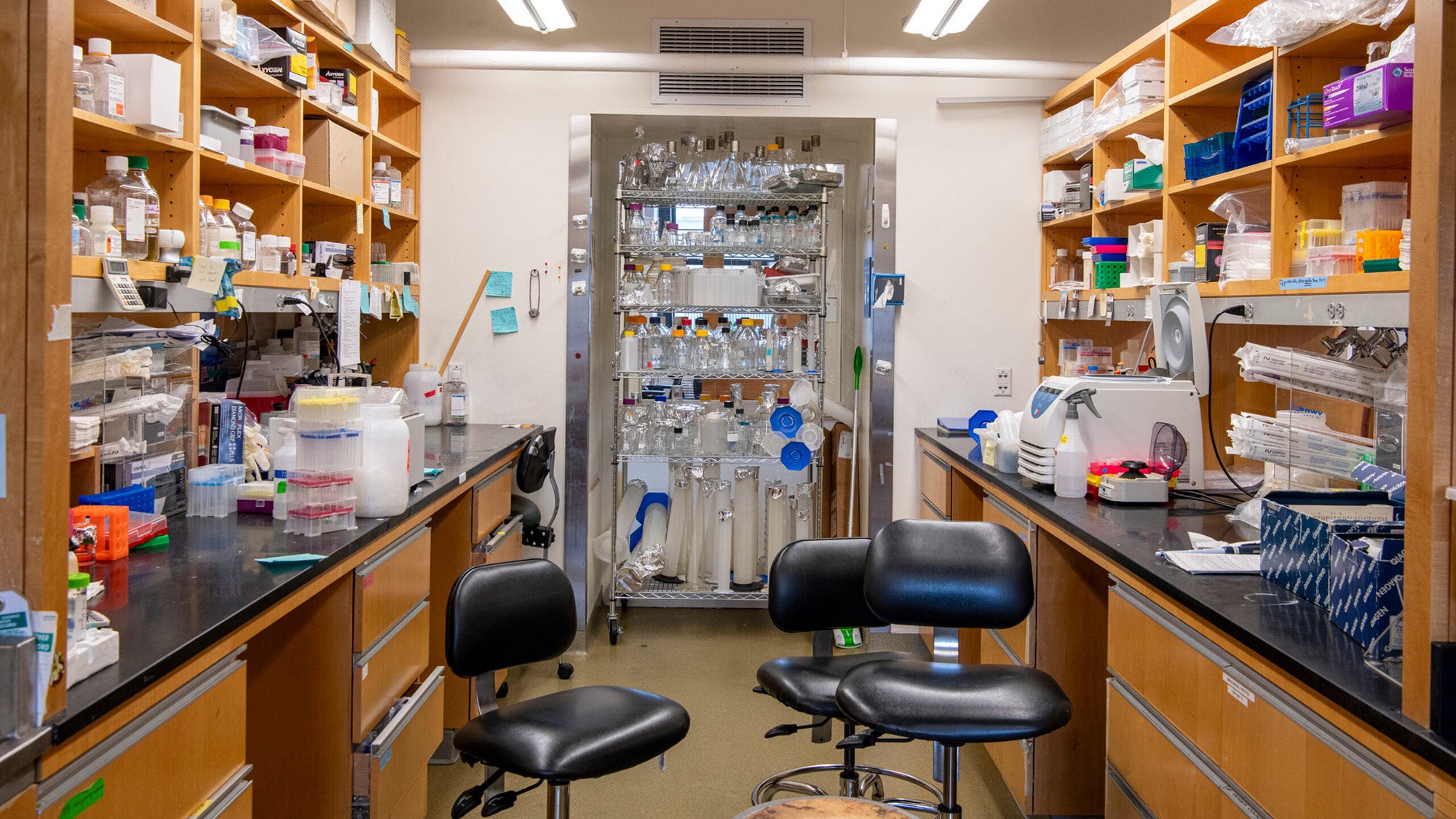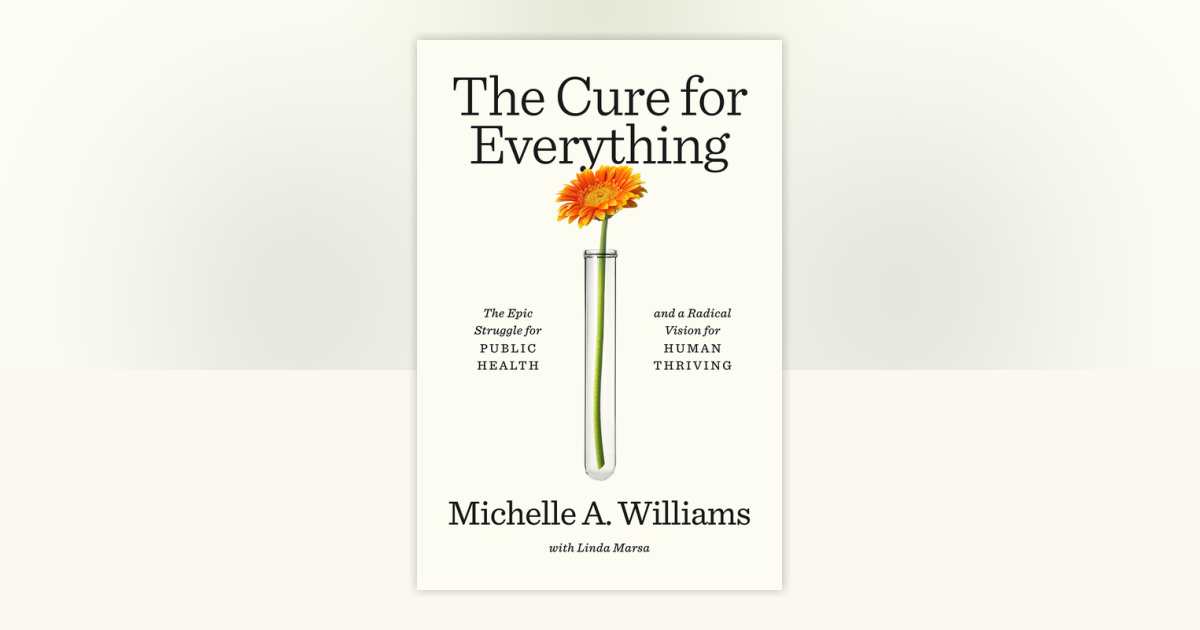Biological sex at birth isn’t random, study finds

A child’s biological sex at birth may not be a 50-50 toss-up, according to a new study from Harvard T.H. Chan School of Public Health.
The study, published July 18 in the journal Science Advances, found that birth sex appears to be associated with maternal age, certain genes, and the sexes of older siblings.
“If you’ve had two girls or three girls and you’re trying for a boy, you should know your odds are not 50-50. You’re more likely than not to have another girl,” said Jorge Chavarro, professor of nutrition and epidemiology and senior author of the study, in a July 18 Washington Post article.
Researchers looked at more than 146,000 pregnancies from 58,000 U.S. nurses—participants in the NIH-funded Nurses’ Health Study—between 1956 and 2015. They found that, rather than birth sex being a toss-up, some families were more likely to have children of the same sex. Mothers who had three or more children were more likely to have either all boys or all girls than would be expected if birth sex was totally random.
The study found that maternal age played a key role in children’s sex at birth. Women who began having children over age 28 were slightly more likely to have either all boys or all girls. Chavarro said these differences could be due to biological changes in women as they age. The study also found two genes linked with having only boys or only girls. “We don’t know why these genes would be associated with sex at birth, but they are, and that opens up new questions,” Chavarro said.
He recommended that future studies look at whether lifestyle, nutrition, and exposure to environmental chemicals are playing a role in sex at birth.
Other Harvard Chan co-authors of the study included Siwen Wang, Bernard Rosner, Hongyan Hurang, Janet Rich-Edwards, Francine Laden, Jaime Hart, and Kathryn Penney.
Read the study: Is sex at birth a biological coin toss? Insights from a longitudinal and GWAS analysis
Read the Washington Post article: Your baby’s sex isn’t random. A study shows what could influence it.


